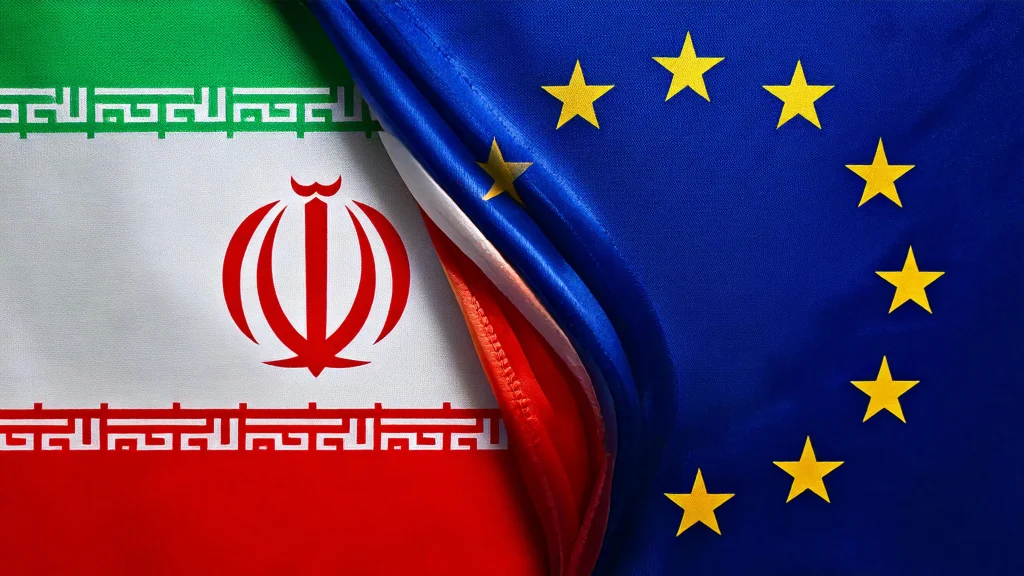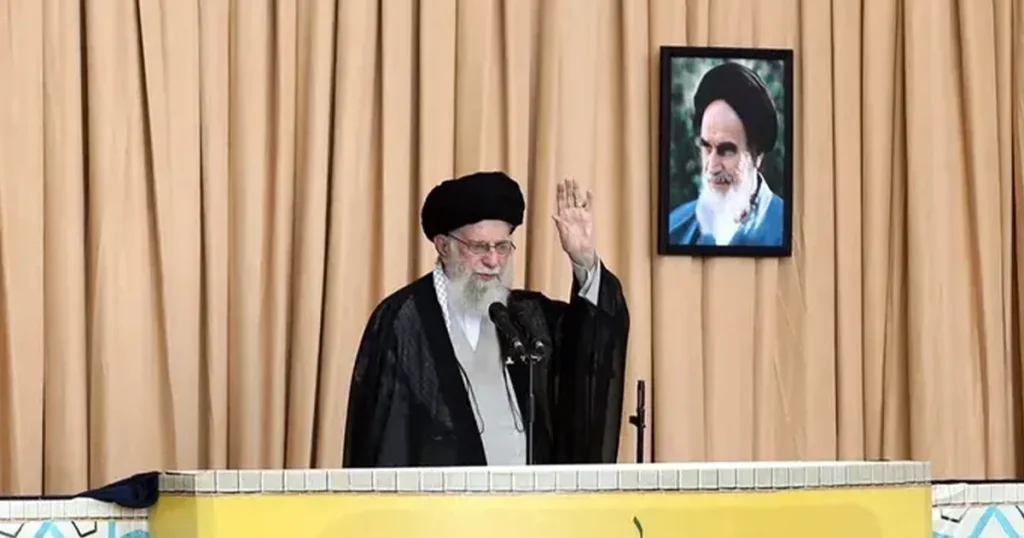In recent years, an alarming shift in public perception has taken place across Western society. What was once a clear distinction between terrorism and resistance has been muddled by a new generation’s beliefs—a generation that now sometimes views Islamist jihadi terrorists as freedom fighters or victims of oppression. This shift is not a result of organic changes in the political climate, but rather the outcome of a calculated and insidious campaign orchestrated with the support of the Islamic Republic and its militant arm, the IRGC (Islamic Revolutionary Guard Corps).
How did this happen? How have militant groups succeeded in flipping the script to the extent that brutal acts of terrorism are now often rationalized as “resistance” or even romanticized as noble endeavors in the name of justice?
Turning Terrorists into Victims
To understand how the jihadi narrative has managed to permeate Western societies, it is crucial to acknowledge the remarkable success of their cyber warfare strategies. By framing terrorists as victims of imperialism and oppression, a new narrative has been constructed in which jihad—once unequivocally associated with extremism and bloodshed—is presented as a legitimate response to perceived injustices. The goal has always been clear: to make acts of terrorism morally defensible in the eyes of the masses.
This narrative turn has been amplified by social media—an arena where ideological battles are fought through viral posts, emotionally charged videos, and selective storytelling. Jihadi supporters and sympathizers have used platforms like Twitter, TikTok, and Instagram to deliver a crafted message to millions, mobilizing cyber armies to wage an information war. They have painted themselves as defenders of the oppressed, an image far removed from the brutal acts committed in the name of radical ideologies.
Weaponizing the Digital Landscape
The reach of the jihadi narrative owes much to their savvy manipulation of digital media and the laxity of Western digital regulation. Extremist sympathizers have harnessed algorithms to ensure their narratives reach vulnerable minds, tailoring messages to resonate with youth disillusioned by systemic inequalities or those simply looking for a cause to latch onto. The power of social media has been harnessed to create heroes from terrorists and to present those who oppose their radical ideology as villains.
This approach has found allies in unexpected places. Western universities, long perceived as bastions of critical thinking, have seen a rising number of educators and scholars embracing anti-Western rhetoric that aligns with jihadi narratives. Some view themselves as amplifying the voices of marginalized communities, but their naivety, or perhaps a willful blindness, has created fertile ground for ideological exploitation.
The result is a generation of students who are more likely to sympathize with extremism under the guise of “resistance.” Through a network of sympathetic educators, Islamic centers, and mosques, the jihadi worldview has slowly but steadily infiltrated Western intellectual and social spaces.
Is It Genius, Naivety, or Something Else?
How did we end up here? Are jihadi supporters simply more adept at playing the game, or has the West been too naive? Has our commitment to free speech and tolerance provided radicals with an avenue to spread their ideology unchallenged? Perhaps the left-leaning movements in Western societies have embraced these narratives, believing that aligning with those deemed as “oppressed” will help consolidate political power.
Or is there something more troubling at play? Has a generation raised on quick-fix content and superficial engagement—a generation that grew up with TikTok—lost its ability to discern complex truths? With attention spans shortened and nuanced understanding diminished, it is easier than ever to sway opinions through catchy sound bites and compelling, if not entirely truthful, stories.
What Do We Do Now?
Acknowledging the genius of this ideological shift does not mean condoning it. If we are to counteract this phenomenon, it starts with a candid conversation about how we’ve allowed these influences to take root. Have we sacrificed our principles of scrutiny and critical inquiry in the name of political correctness? Have we been too hesitant to call out extremist ideologies, worried about the backlash?
Reclaiming the narrative means recognizing how deeply these influences have permeated and having the courage to stand up to them—not through censorship, but through education, awareness, and a return to critical thinking. It means understanding that the romanticized image of “resistance” can mask far darker realities and that freedom should not be weaponized to defend the indefensible.






